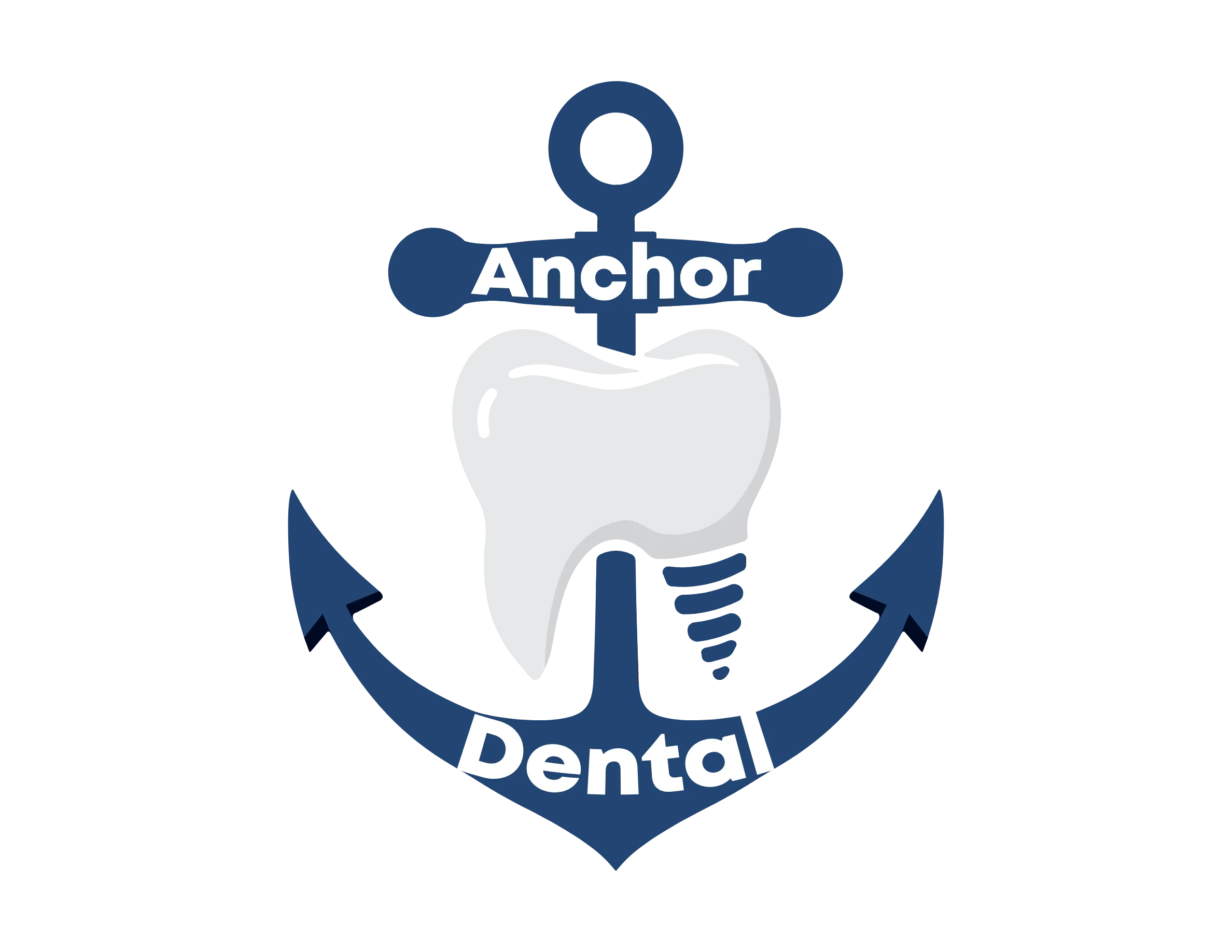Services
Dental Exam
At Anchor Dental, we provide thorough dental exams for patients throughout Gwinnett County, including Dacula, Hamilton Mill, Suwanee, and Buford, GA. Our comprehensive exams assess your teeth, gums, and jaw, using X-rays to identify any hidden issues. Regular dental visits are key to preventing problems and ensuring personalized care, helping you maintain a healthy, vibrant smile for years to come.
Cleaning
At Anchor Dental, our professional dental cleaning is designed to remove plaque, tartar, and stains, leaving your teeth healthy, fresh, and feeling revitalized. During the cleaning, we also provide polishing, flossing, and fluoride treatment, all of which help prevent cavities, gum disease, and other oral health issues. Regular cleanings are essential not only for maintaining a bright, confident smile but also for supporting your long-term oral health and overall well-being.
Pediatric
At Anchor Dental, our pediatric dentist services in Dacula and Hamilton Mill recommend your child's first dental visit by age one or within six months of their first tooth. Early visits help establish a dental home, assess oral health, and provide essential advice on hygiene, nutrition, and preventive care. We offer a range of pediatric dental services, including exams, cleanings, extractions, stainless steel crowns, resin crowns, and space maintainers to support your child’s healthy smile.
Crowns/Veneers
At Anchor Dental, we offer both dental crowns and veneers to restore and enhance your smile. Crowns are custom-made restorations that cover damaged or decayed teeth, providing strength and protection while improving appearance. Veneers, on the other hand, are thin, custom shells bonded to the front of teeth to correct discoloration, uneven spacing, or minor chips with minimal removal of tooth structure. Whether you need a functional restoration or a cosmetic enhancement, our team will help you choose the best option tailored to your dental needs and aesthetic goals.
Tooth Replacements
Anchor Dental offers dental implants and bridges as effective solutions for replacing missing teeth and restoring your smile. Dental implants provide a permanent, natural-looking replacement with a strong foundation, while dental bridges seamlessly fill gaps by anchoring artificial teeth to surrounding teeth or implants. Schedule a consultation to discover the best option for your dental health and confidence!
Root Canal Therapy
At Anchor Dental, we offer root canal therapy to treat infection or damage within the pulp of a tooth. This procedure removes the infected tissue, cleans and disinfects the root canals, and fills them with a biocompatible material to prevent further infection. A crown is often placed afterward to protect the tooth and restore its function. Root canal therapy is a safe, effective way to save a tooth and relieve pain, allowing it to function for many years with proper care.
Emergency Services
Handling a dental emergency quickly can minimize damage and relieve pain, so seeking professional help is essential. At Anchor Dental, we're here to provide urgent care for toothaches, chipped teeth, and other emergencies whenever you need us.
Tooth Bond/Filling
At Anchor Dental, tooth bonding is a quick and cost-effective cosmetic procedure that repairs and enhances the appearance of your teeth. Whether you're dealing with decay, chips, cracks, gaps, or discoloration, tooth bonding can restore your smile in just 30 to 60 minutes per tooth, providing lasting results with proper care.
Bleachings
Tooth bleaching, or teeth whitening, is a cosmetic procedure that brightens teeth and reduces stains, enhancing your smile and confidence. Anchor Dental can offer quick and effective bleaching treatment, often completed in about an hour, with the option of a light or laser for enhanced results.
Denture and Partials
At Anchor Dental, we offer dentures as a removable solution to replace missing teeth, restoring both function and aesthetics. Whether full or partial, dentures are crafted from flexible resin or metal materials and should be cleaned daily to maintain their condition. Routine dental visits are essential to ensure proper fit and make adjustments as needed, as the gums and bone structure change over time.
Tooth Extractions
At Anchor Dental, tooth extraction is a safe and effective procedure to remove a tooth due to severe decay, infection, overcrowding, or impaction. If you're facing tooth issues, we offer thorough evaluations to determine if extraction is necessary, and with proper aftercare, healing typically takes just a few days to a week, helping you get back to your normal routine.
